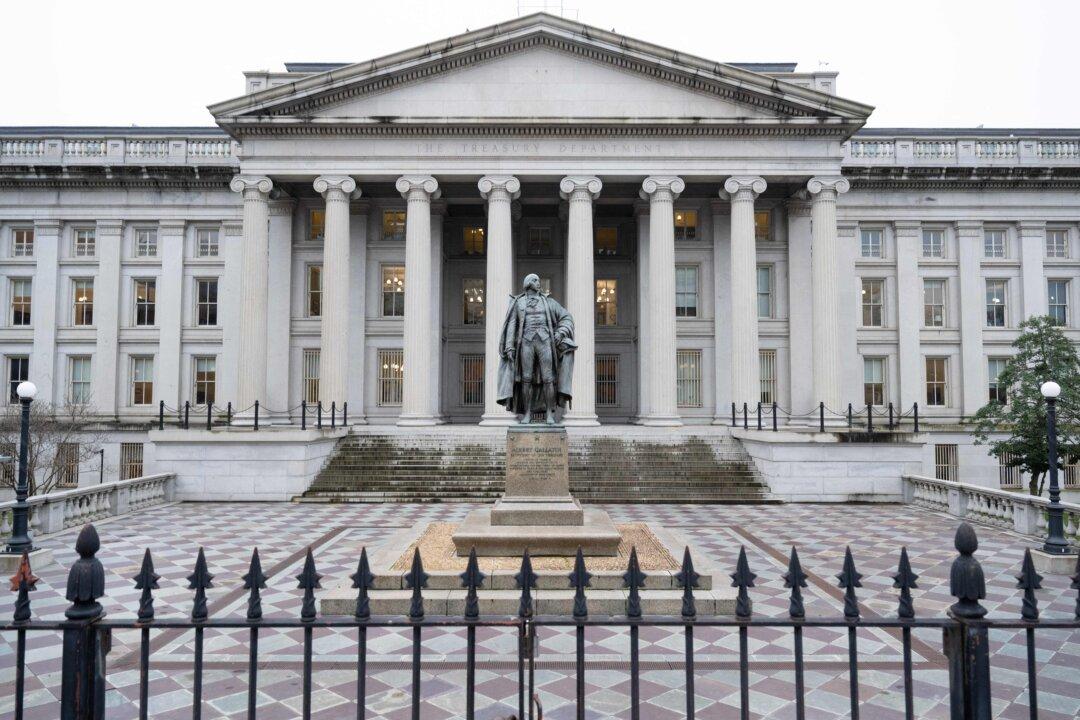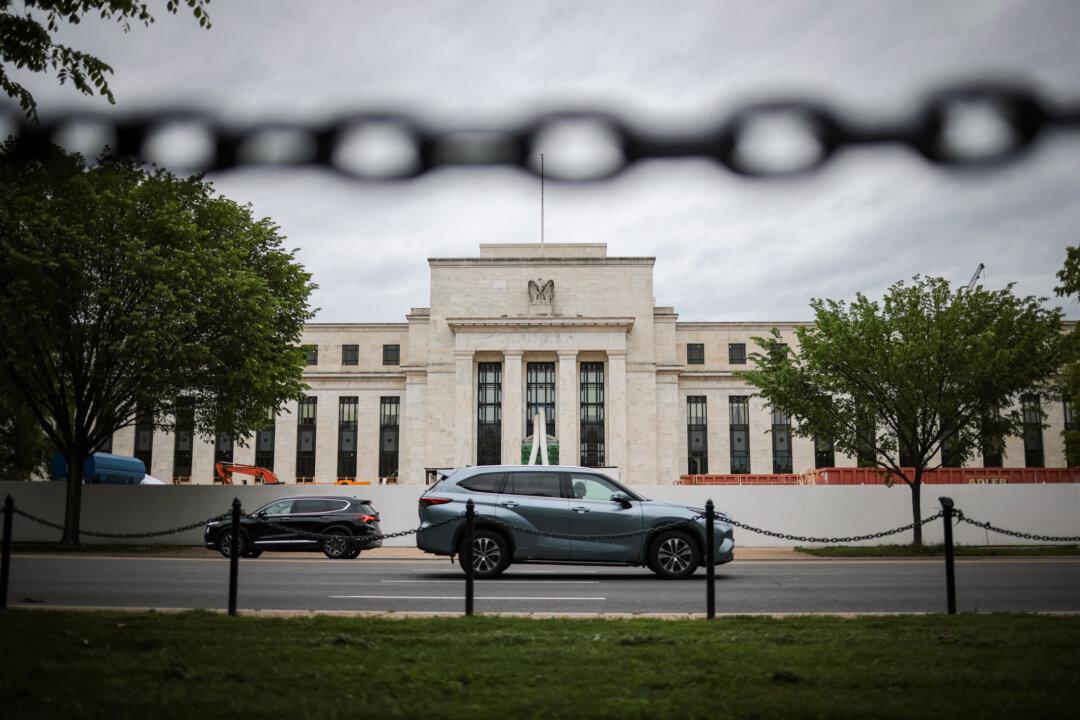Commentary
One of the recent news warnings about the status of the U.S. dollar was the continuing slash of U.S. Treasury securities holdings by mainland China. It’s latest holding in January was US$859.4 billion, a year-over-year drop of 17 percent compared with that of US$1,033.8 billion in January 2022. Seventeen percent is undoubtedly a significant decline compared to the overall total of 3.3 percent fall. Yet there are reasons justifying this: China exports fell by ten percent at the end of end-2022, with foreign sell-off of China sovereign bonds and other outflows, that 17 percent was explainable.





